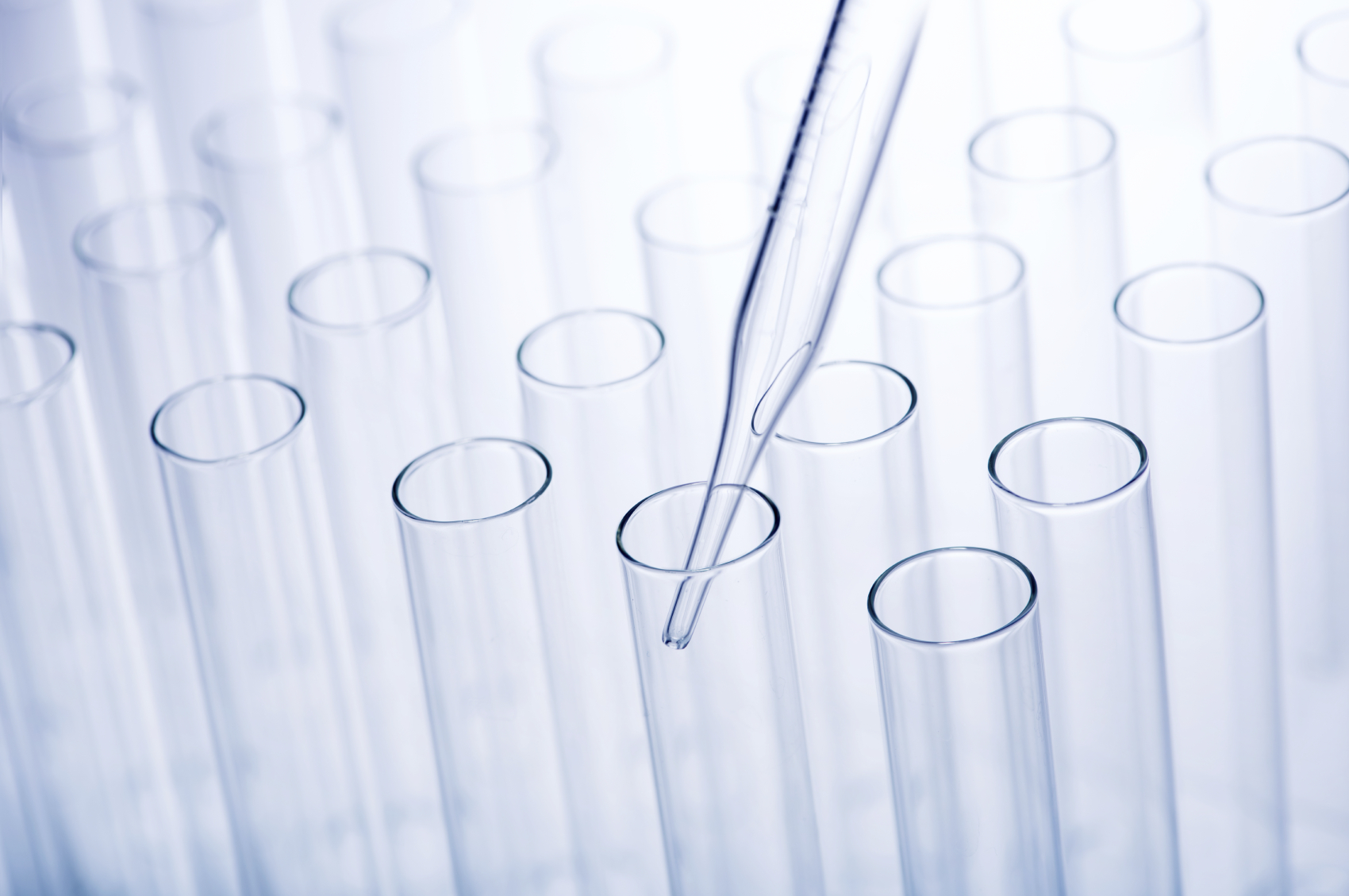AbbVie/Janssen's blood cancer drug boosted by long-term data

There’s already a robust body of evidence to support use of AbbVie/Janssen’s blood cancer drug, Imbruvica (ibrutinib).
But new clinical trial data has made the case that this drug, already likely to become a blockbuster, could be very important for both companies. Sales are expected to break through the $1 billion barrier this year and reach $3 billion by 2020.
Latest data, including longer-term follow-up data, for chronic lymphocytic leukaemia (CLL) and small lymphocytic lymphoma (SLL), show the drug could extend lives in CLL/SLL regardless of its line of therapy.
Findings from the RESONATE and RESONATE-2 trials presented by AbbVie at the American Society of Clinical Oncology (ASCO) conference showed Imbruvica was associated with favourable progression-free survival and overall survival in the treatment of naïve and previously treated patients.
There was also first-ever follow-up data from the HELIOS trial showing that Imbruvica in combination with bendamustine and rituximab continued to demonstrate superiority over time versus treatment with a placebo plus bendamustine and rituximab in relapsed or refractory CLL/SLL patients, along with improvements in quality of response.
The RESONATE trials are sponsored by Pharmacyclics, which developed the drug before being bought by AbbVie for $21billion.
HELIOS was sponsored by Janssen, which had a development agreement with Pharmacyclics in place before the AbbVie deal.
Related stories:













